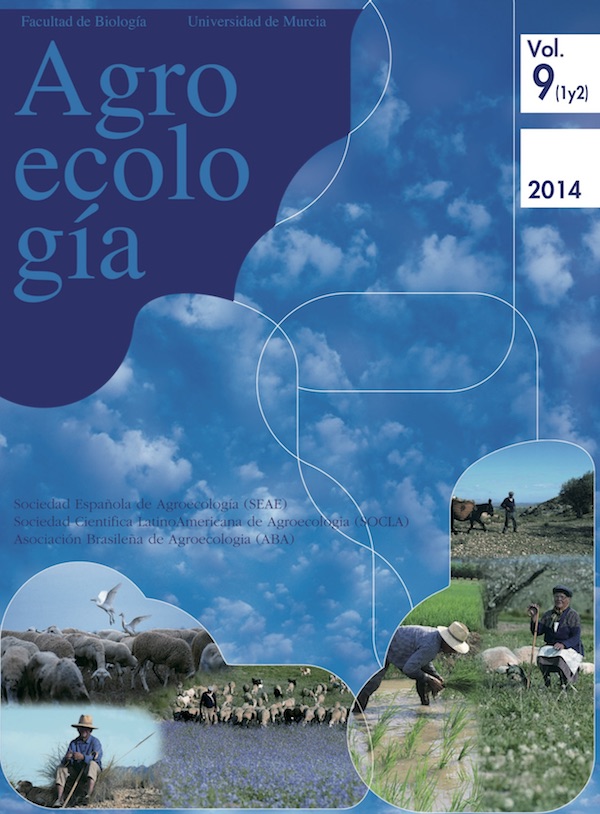Home gardens: agrobiodiversity and its contribution to food security in rural areas of Guatemala
Abstract
This paper analyzes data on the contribution of home gardens to the livelihoods of the rural polulationinTzununá,Sololá,Guatemala.Variablesanalyzedwereplantuseanddiversity.Datawere collected through plant inventories, direct observations, semi-structured and open-ended ques- tionnaires, and interviews. A total of 45 plant species were identified as being important to local livelihoods, either for domestic use or for trading in the local market. Basic grains, vegetables, and fruit trees were the most important plant use categories. Food production was found to be the primary function of homegardens, almost all of them being subsistence production systems. Homegardens were an important occupation for rural people, with an average labor investment of 48 h per family per month. The results of this study demonstrate that properly managed homegardens can improve people’s livelihoods and quality of life, reduce poverty, and foster economic growth into the future on a sustainable basis. Some homegardens have extensive collections of plant biodiversity, hence revealing the potential of homegardens in conserving useful plants.Downloads
Las obras que se publican en esta revista están sujetas a los siguientes términos:
1. El Servicio de Publicaciones de la Universidad de Murcia (la editorial) conserva los derechos patrimoniales (copyright) de las obras publicadas, y favorece y permite la reutilización de las mismas bajo la licencia de uso indicada en el punto 2.
2. Las obras se publican en la edición electrónica de la revista bajo una licencia Creative Commons Reconocimiento-NoComercial-SinObraDerivada 3.0 España (texto legal). Se pueden copiar, usar, difundir, transmitir y exponer públicamente, siempre que: i) se cite la autoría y la fuente original de su publicación (revista, editorial y URL de la obra); ii) no se usen para fines comerciales; iii) se mencione la existencia y especificaciones de esta licencia de uso.
3. Condiciones de auto-archivo. Se permite y se anima a los autores a difundir electrónicamente las versiones pre-print (versión antes de ser evaluada) y/o post-print (versión evaluada y aceptada para su publicación) de sus obras antes de su publicación, ya que favorece su circulación y difusión más temprana y con ello un posible aumento en su citación y alcance entre la comunidad académica. Color RoMEO: verde.





